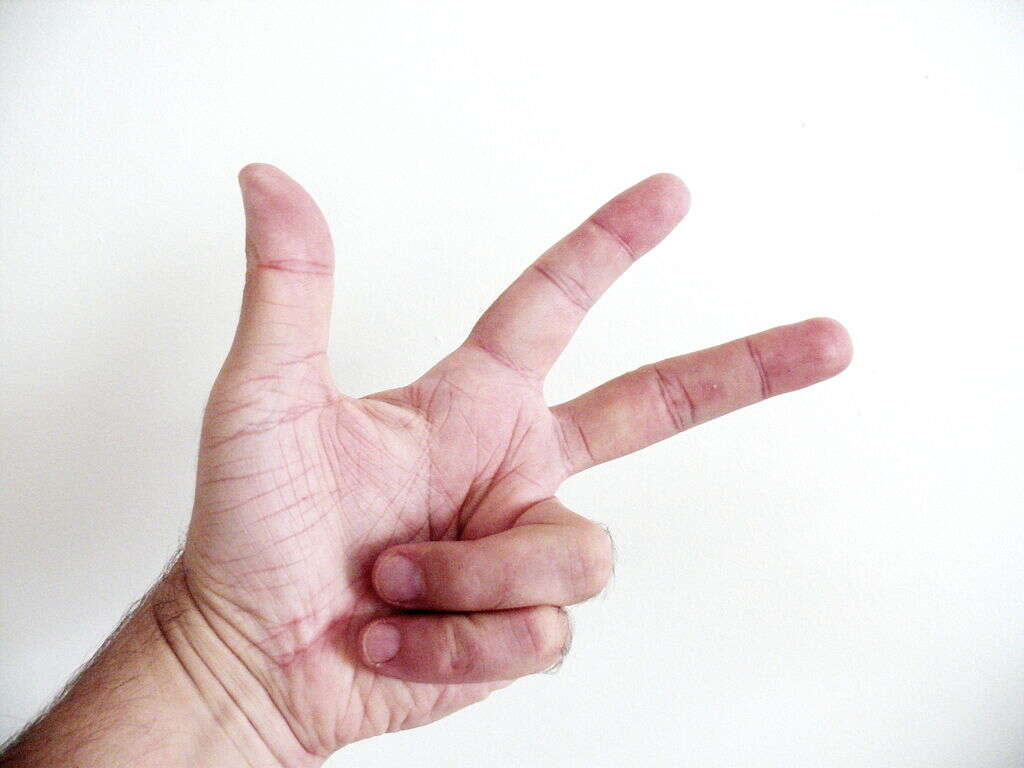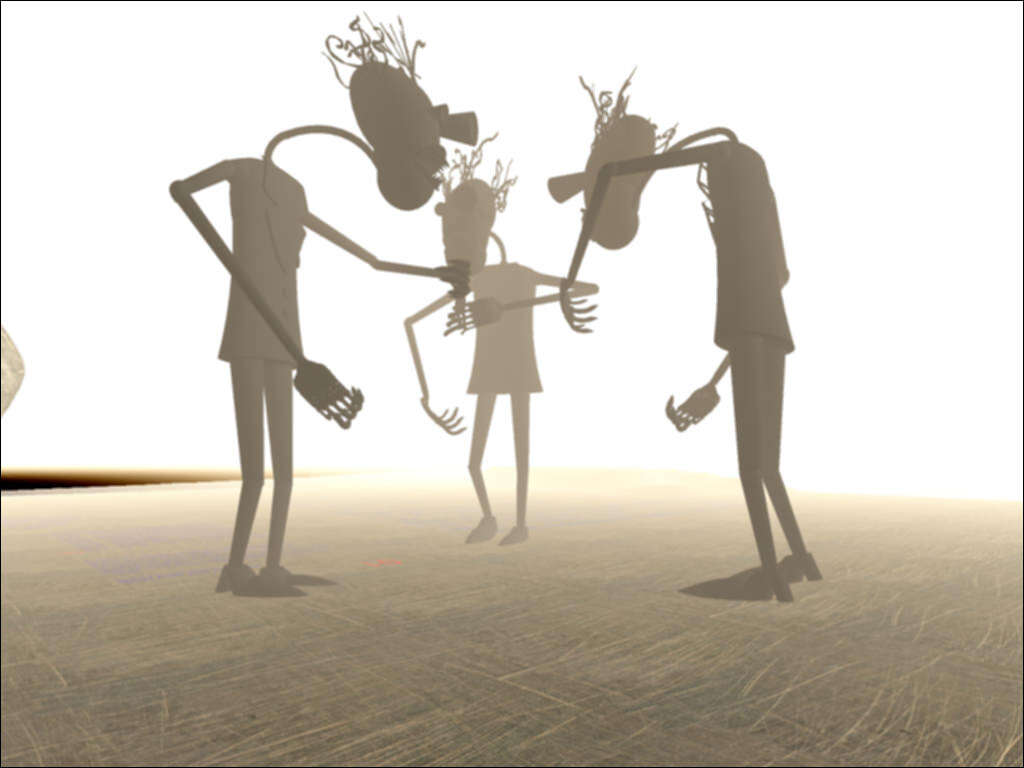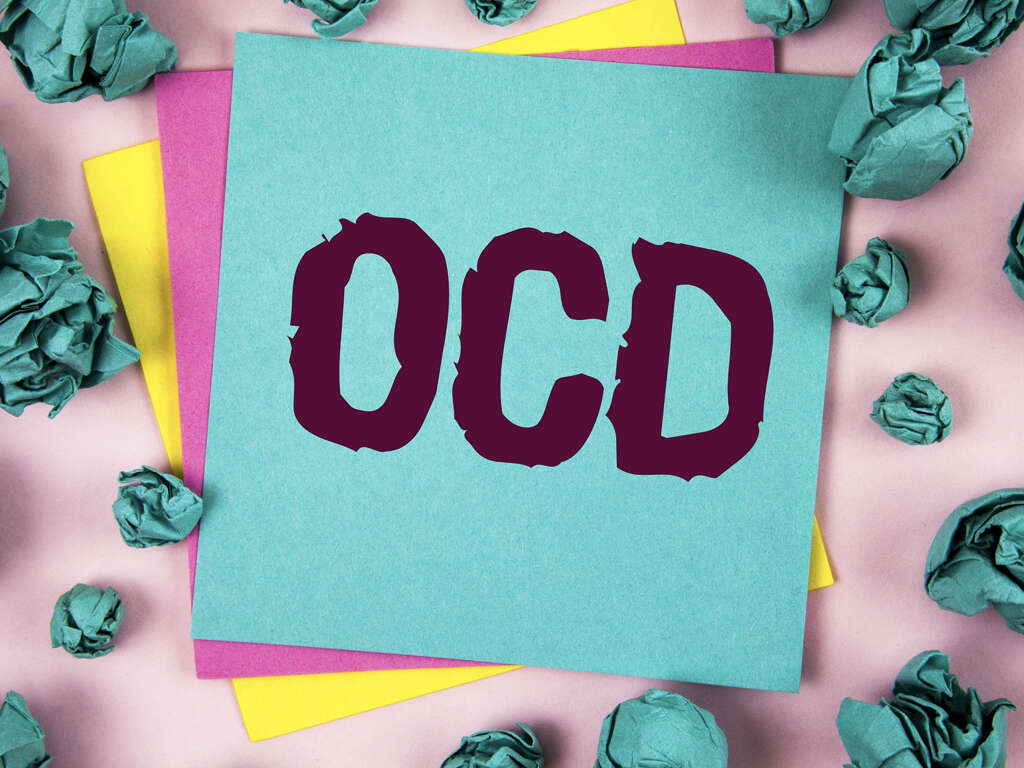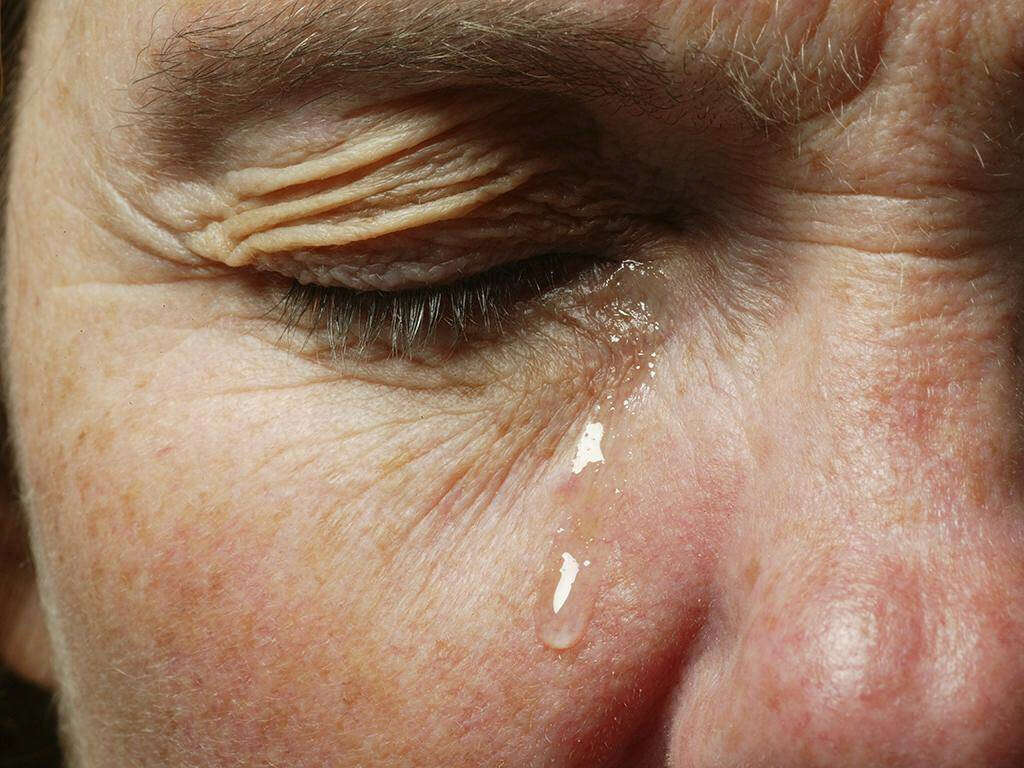10 Symptoms of OCD
OCD, or obsessive compulsive disorder, is the fairly self-explanatory name given to a condition in which people feel the need to repeatedly, or compulsively, engage in certain behaviors. If they don’t get a chance to engage in these behaviors, they may feel uncomfortable, much like the feeling of holding in a sneeze.
If you have a friend who constantly needs to organize their room in a certain way, or one who carries a bottle of hand sanitizer to use at every possible opportunity, then these people might fit the criteria for having OCD.
While OCD is not an inherently dangerous condition, it can be good to be aware of it so you can make accommodations and changes to your lifestyle to manage it. There are a number of symptoms that can indicate that you have OCD, and these are ten of the most common.

Symptom #1: Hand-washing
It’s normal to wash your hands after using the restroom, cooking a meal, or doing something that gets them dirty. However, people with OCD tend to take hand-washing to the next level.
Compulsive hand-washers are one of the most widely accepted types of OCD patients. There is usually some reason for the compulsive hand-washing - generally an irrational fear of germs and contamination - but this can also occur if someone is constantly afraid of getting someone else sick.
If you are worried that your hands are dirty or germ-ridden even after giving them a good wash, you may want to seek some help.

Symptom #2: Cleaning
Most people like to live in an environment that’s relatively clean. It’s nice to know where things can be found and it’s comfortable not to have things strewn all over the floor.
Many people who have OCD tend to clean compulsively, though, even if things are already relatively clean. This is often seen in people who compulsively wash their hands because of their fear of germs. Or they may feel the need to scrub a mirror or window that was just cleaned hours earlier.
If you’re spending so much time cleaning that it impacts your other daily activities, you may want to seek some help for OCD.

Symptom #3: Checking and Re-checking
If you think you might have left the oven on, then it’s a good idea to go back and make sure that it’s turned off. But if you find yourself going back several times, to check the same thing over and over again, you might have a problem.
If you spend so much time checking and double-checking your actions that it begins to impact your daily life, then it might be time to seek medical attention for proper diagnosis and treatment.

Symptom #4: Counting
One symptom of OCD that can be a bit difficult to evaluate is the consistent need to do things a certain number of times. For example, you may feel the need to climb the stairs two at a time or scrub a dish a certain number of times before it feels ‘done.’
It’s good to scrub a dish enough times to ensure that it’s clean, and it can be fun to climb the stairs two at a time. However, if you are unable to climb stairs normally, or if you’re scrubbing dishes long after they’re clean just to meet the number count, it could be beneficial to seek some help for your OCD.

Symptom #5: Organizing
One of the most tell-tale signs of OCD is the compulsive need to organize and reorganize possessions. This often borders on perfectionism and can be a huge distraction in your daily life.
If you feel uncomfortable if the bottles in your medicine cabinet aren’t arranged perfectly by color as well as being alphabetized, or you find yourself rearranging things on your shelves over and over until they’re just right, then it might be a sign that you are developing or have already developed OCD.

Symptom #6: Hoarding
Hoarding is defined as a condition where patients have a difficult time parting with their belongings. This condition leads to the accumulation of objects that may have no value or even trash.
It is important that in order for this to be considered a symptom, it needs to disrupt some aspect of your life or routine. It is quite normal for people to hold on to memorabilia, but it only becomes a problem when you’re not able to function properly.

Symptom #7: Invasive Sexual Thoughts
Many people suffering from OCD may experience consistent, unwanted thoughts of sexual nature. These thoughts can be sporadic and generally follow a taboo nature - for example, you may suddenly have a thought about grabbing one of your friends and touching them inappropriately.
Oftentimes, these thoughts can be followed by guilt or shame. It doesn’t necessarily represent who you are, but it can be a good indication that your OCD is reaching a level that it’s impacting the quality of your life. If you are experiencing this, you may want to speak with a therapist.

Symptom #8: Touching Objects
It is important to understand that the root of this condition starts with the obsession, an idea that you can’t get out of your mind. In order to deal with this obsession, patients develop behaviors to alleviate and distract themselves (known as compulsions).
The need to touch or tap certain objects multiple times is a known symptom associated with OCD. It could be reflected as the need to turn on and off the lights several times before exiting a room.

Symptom #9: Needing Reassurance
Many people suffering from OCD experience a great deal of anxiety or insecurity, and one of the ways that they may try to cope with these symptoms is by seeking reassurance from other people. If you find yourself constantly seeking external validation by asking your friends and family what they think about you, then it might be a good idea to seek help.
It’s a good idea to get opinions from your friends before making decisions, but if you need opinions before you’re capable of making choices, then you’re not living life to the fullest extent that you could be.

Symptom #10: Disliking Your Appearance
One of the most common conditions that occurs with OCD is known as body dysmorphic disorder or BDD. These conditions are similar because people with BDD tend to fixate or compulsively dwell on a certain aspect of their appearance and continually try to change it.
You may find that you constantly try to change your hairstyle, your facial hair, or your jewelry. If you are never comfortable with how you look and feel a constant need to improve or alter your appearance, then it might be a sign that you should seek medical attention.









